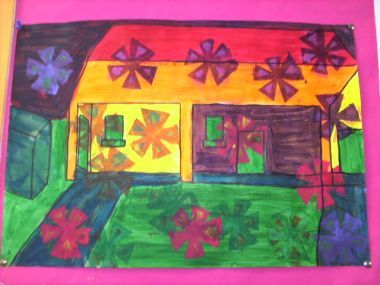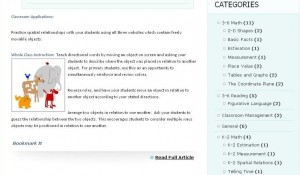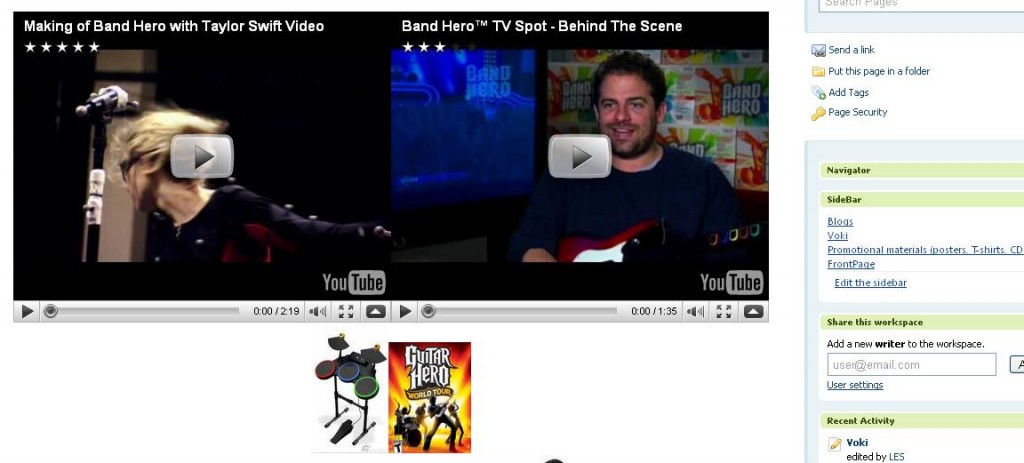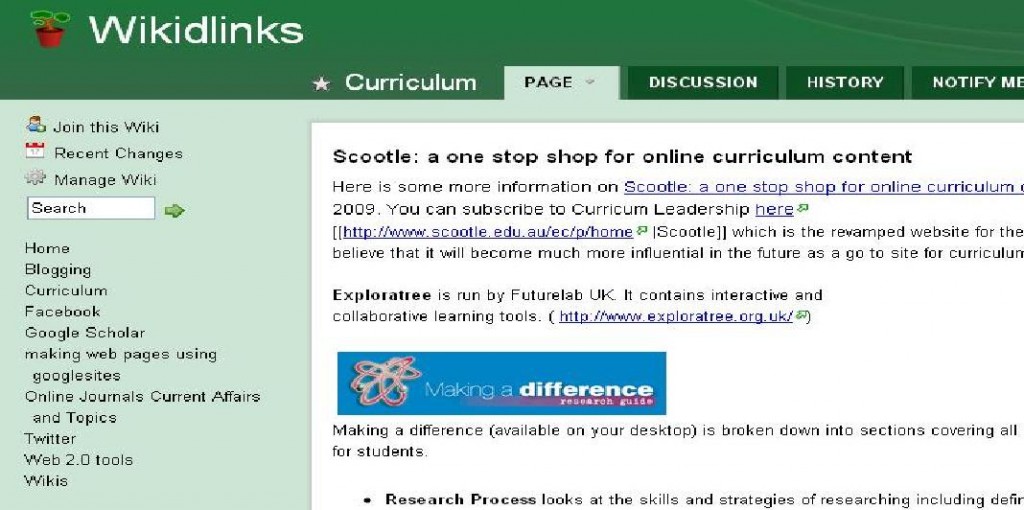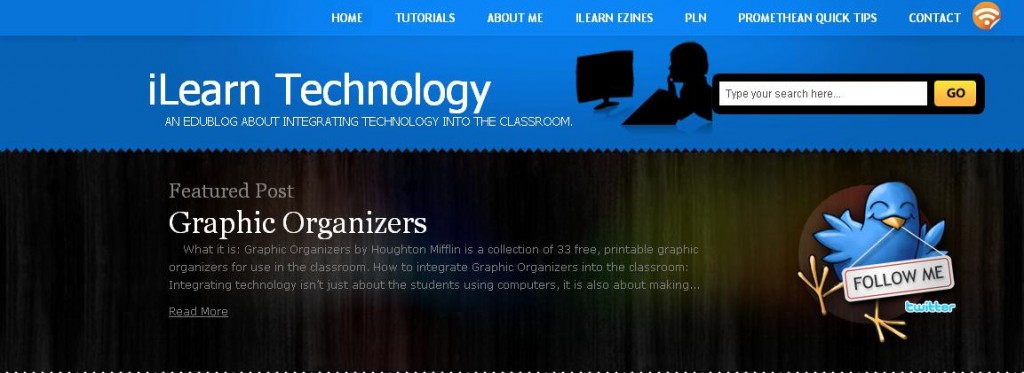I first started blogging back in mid 2007, about six months into my first professional position as a librarian, working in Darwin. It was partially as a way of reflecting on library issues and interacting with the global library community. However, something that always frustrated me was that there are a lot of misconceptions about the nature of librarianship outside the industry. A lot of friends and acquaintances didn’t necessarily feel the same enthusiasm for the profession as I did, which was understandable. What I wanted to do was write a blog which highlighted how interesting and innovative the industry was, in a way that was accessible to non-librarians.
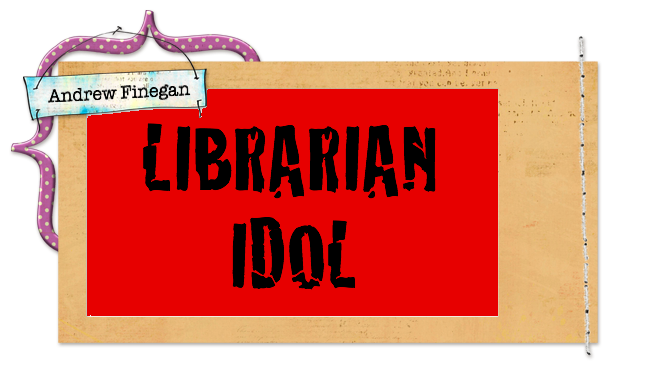
I felt that, as a library professional, there are certain areas that we must constantly pursue in the way that we interact with others, and these are what I aim to cover in my blog:
– The nature of my work as a librarian. I’ve worked in various roles in academic, state, public and now school libraries. They are vastly different industries, which further demonstrates both the versatility of librarians, but also the diversity of the industry, and why librarian stereotypes couldn’t (or shouldn’t) be further than the truth.
– Information literacy and emerging technologies. As professionals, we need to be on the forefront here. We should be predicting emerging technologies, and how they will affect our information society. We should also be working to make mainstream technology as accessible to everybody in our community.
– Political issues that affect our values as information professionals. We need to have an opinion on issues such as copyright, censorship, curriculum and access to technology. We need to express them. It is our obligation to our profession. This is something that librarians should not be quiet about.
– Sharing our passion for information and reading. Whether it be the newest technology, or the newest book, we need to share that passion with our community, and have conversations with them about what we love about the information culture that is very much a part of our lives. That way, we’re starting a conversation that hopefully our library users will go on to have with their friends, and so on. It makes a difference.
Of course, being the informal context of a blog, my posts can sometimes be more irregular than others. However, if it’s something that I feel strongly about, then I’ll generally post about it. If it’s something that I feel I should be letting other people know about, then I’ll post about it. Sure, there’s an element of professional narcissism involved – it’s a blog, after all. But I don’t think that’s necessarily a bad thing.
Through my blog, I’ve made many important connections. Some have been influential bloggers overseas. Others have been Australian professionals who have provided varying levels of mentorship in my early years. Curiously, there are many bloggers in other library sectors, but few from school librarians, especially in Australia. Or perhaps I just haven’t stumbled upon your blog yet. But blogging has provided an opportunity to feel a connectedness with the rest of the industry, which is especially important with libraries, where it’s easy to feel professionally isolated.
And looking back over the last three years of blogging, I can definitely see a progression in my views. Some of my attitudes in the past have been misguided, whilst at the same time I sometimes need to be reminded of times when I was particularly inspired to use libraries to make a difference in society. But most of all, I’ve learnt to be eloquent about what it is I do, and why I do it. I’m confident with my “elevator pitch” about libraries, and I’m certain that part of that is because I write about it all the time.
It is great to see the way Andrew uses his blog to reflect, not only on our profession, but also on his own posts and views. Readers can see for themselves Andrew’s growth as a blogger. Thanks for sharing your blog, Andrew.

